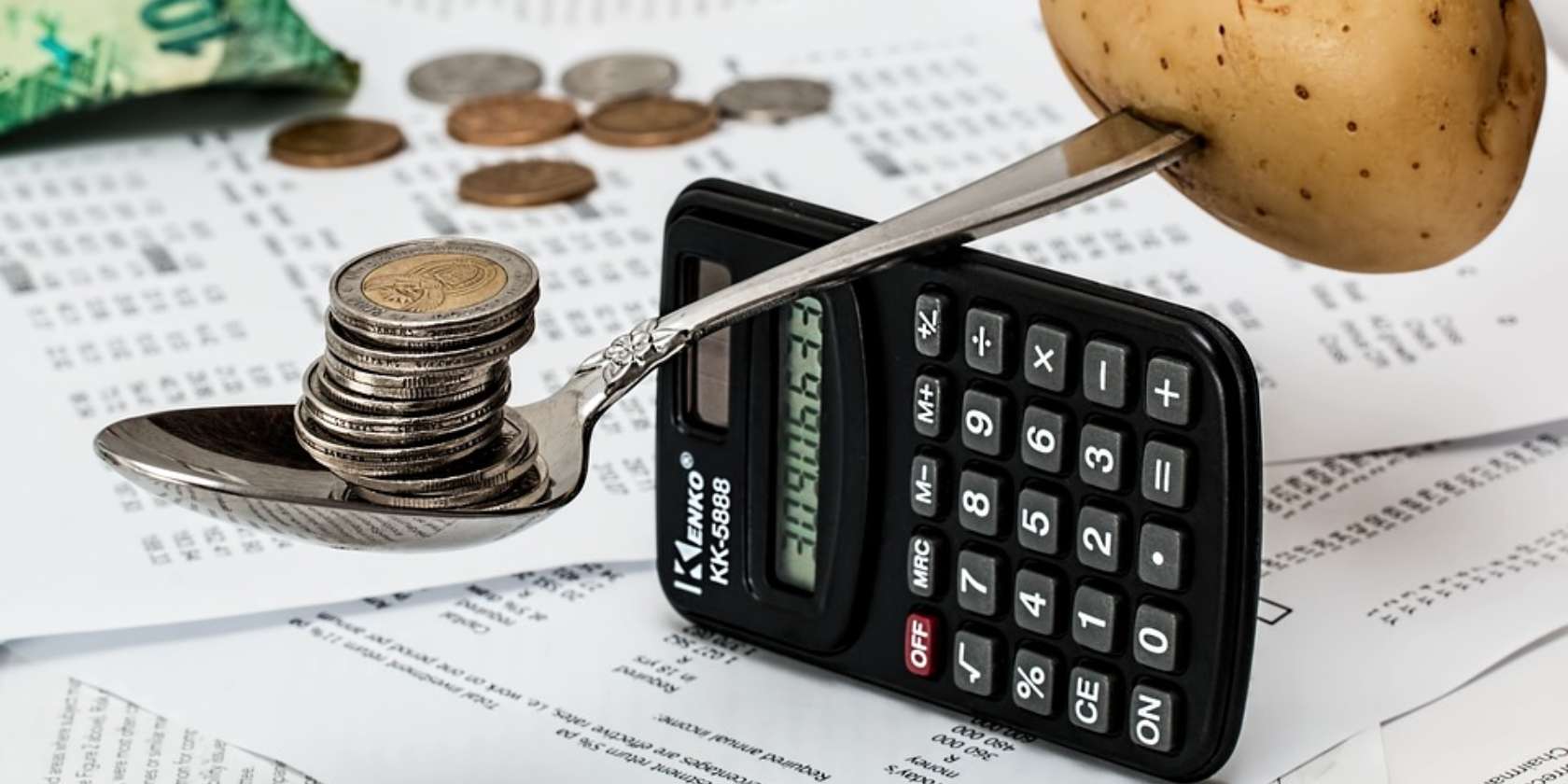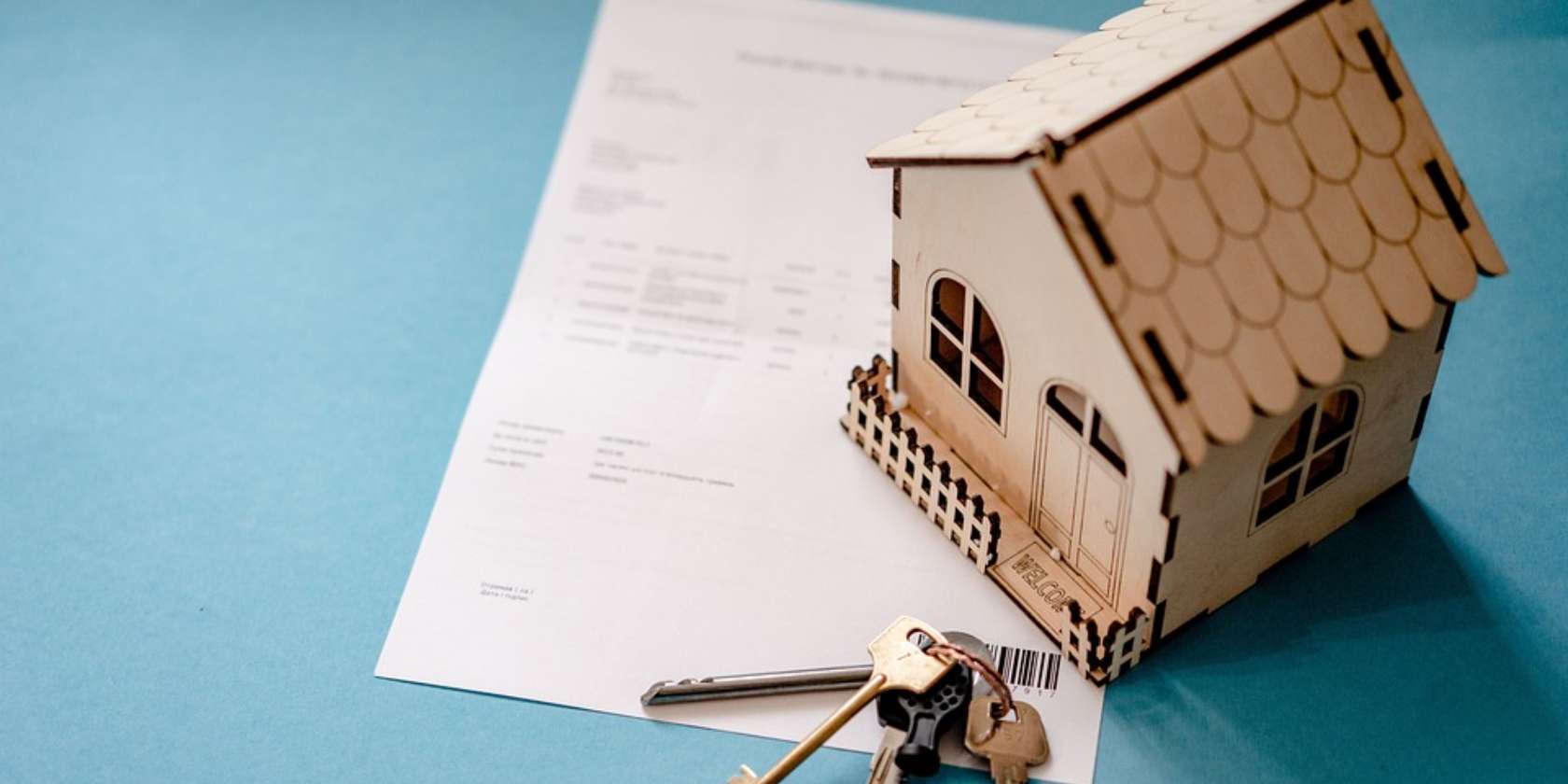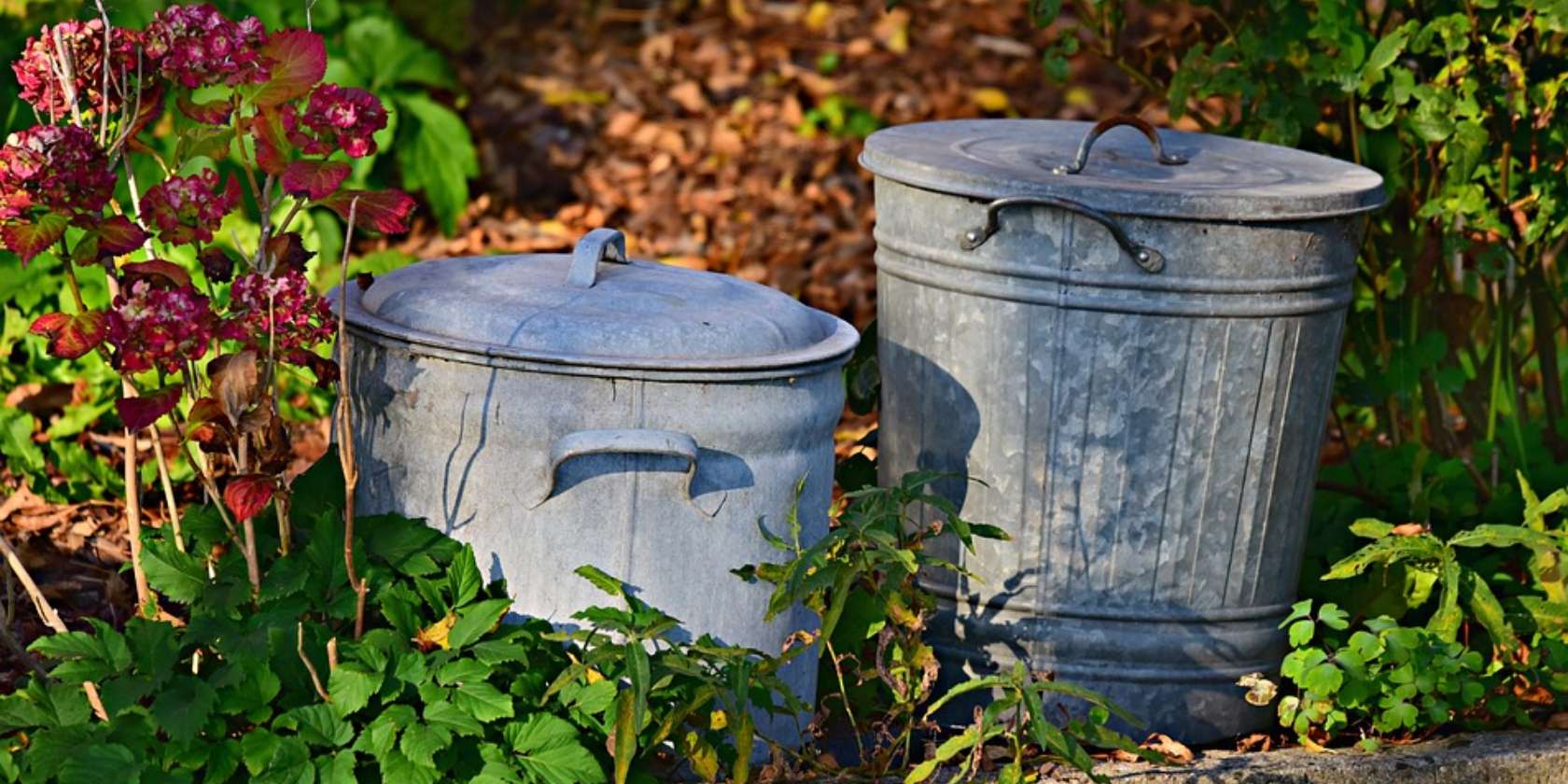As we bank and shop online more, digital payments are becoming more common than ever before. But do you know what to do with your old bank statements?
Just setting them aside and forgetting about them is not a wise move. In this article, we will discuss seven things you can do with your old bank statements.
How Do Bank Statements Get Old?
Bank statements can get old very fast, as new statements are usually generated every month. You may also have different accounts with different banks and credit card providers, and each of these accounts will have monthly statements.
As a result, you may end up with a pile of papers that can add up quickly.
Ways You Can Use Your Old Bank Statements
Bank statements are essential for tracking your financial health, as they give you details on your balance, expenses, and income.
But there are other ways to use your old bank statements besides monitoring your balance. Here are seven ways you can use your bank statements:
1. Budget Planning
Creating and sticking to a budget is an essential aspect of managing your finances. Your bank statements can be an excellent tool for budget planning, providing you with a detailed record of your monthly expenses and how you’re spending your money.
To get started, you can analyze your old bank statements to identify areas where you’re spending more than you should. This will help you understand what expenses can be cut down to free up some money, which can then be allocated to other areas, such as savings or investment.

By going through your old bank statements, you can also identify any subscription services or other recurring payments that you may have forgotten about, such as gym memberships, magazine subscriptions or online streaming services, that may no longer be useful but are still being paid for.
Once you have identified your monthly expenses, you can categorize them into necessary and discretionary banking expenses.
Necessary expenses such as rent, mortgage payments, utility bills, groceries, transportation, and insurance are mandatory and cannot be avoided. These expenses should be the first items on your budget list.
2. Tax Purposes
Your bank statements can be invaluable when it comes to preparing your taxes. When filing your tax return with the IRS, you must provide information on all your income sources and any applicable tax deductions.
Your old bank statements can help you identify which expenses you can claim as tax deductions.
By analyzing your old bank statements, you can identify expenses that are tax deductible. For instance, if you’ve donated to a charitable organization in the past year, you can claim a tax deduction for the amount donated.
Similarly, if you’ve made a contribution to your retirement account or paid interest on your student loans, you could claim a deduction for these expenses.
3. Business Expenses
For small business owners, keeping track of expenses is a critical part of financial management, especially tax compliance. Your old bank statements can help you manage your business expenses efficiently.
By regularly reviewing your bank statements, you can identify which expenses are related to your business and keep track of where your money is going.
This can help you understand which expenses are essential and which expenses can be reduced or eliminated to improve financial performance.
Using old bank statements for business expenses also allows you to quickly and easily compile a record of your transactions for tax purposes.
By categorizing your expenses, you can determine which expenses you can claim as business tax deductions, thereby reducing your taxable income and lowering your tax bill.
4. Loan Applications

When applying for loans, lenders usually require a thorough review of your financial health to assess your creditworthiness. Your old bank statements can provide you with the necessary information needed to prepare and submit a successful loan application.
Your old bank statements can show a lender your income, monthly expenses, debt payments, and credit balance history. By reviewing your bank statements, lenders are provided with evidence of your reliability and financial stability.
Reviewing your bank statements also allows you to closely evaluate your expenses and debts, and make any necessary adjustments before applying for a loan.
5. Fraudulent Activities
One of the most crucial reasons to keep old bank statements is to detect and prevent fraudulent activities.
Regularly monitoring your bank statements can help you identify fraudulent transactions or unauthorized activities made under your account, protecting you from potential monetary loss.
By reviewing your old bank statements, you can detect any unusual or suspicious transactions, such as withdrawals or charges you didn’t make or recognize.
This information can assist you in taking prompt action and notifying your financial institution, so they can take steps to protect your account as well.
In most cases, the bank will issue new account numbers and provide reimbursement for any fraudulent transactions.
6. Tracking Payments
One of the main reasons to keep old bank statements is to track different types of payments made over time within your account records.
Your old bank statements can track missing payments, monitor interest rates and fee changes on loans, and track foreign currency exchanges.
By keeping your old bank statements, you can track your monthly bills and make sure you pay them on time. By reviewing your old bank statements, you may notice payments you’ve forgotten about or outstanding payments that have not been settled.
This information helps you avoid late fees, which usually accrue when you miss a bill payment deadline.
7. Cleaning Purposes
While it may seem surprising, your old bank statements can be useful for cleaning purposes too. You can utilize these documents for packing, storage, and even disposal.
When packing for storage, old bank statements come in handy as packing stuffing material. When packing fragile items such as glass, old bank statements can be used as a layer of insulation or wrapped around breakable items for extra protection.
They can also serve as an extra layer of cushioning in boxes of clothes or books to prevent damage during the moving process.
Is It Safe to Throw Away Old Bank Statements?
It’s essential to securely dispose of old bank statements as they contain sensitive financial and personal information that can lead to identity theft or fraud.
Simply throwing them away in the trash can expose you to potential risks.

Before disposing of old bank statements, ensure to review them and verify that all essential information has been salvaged.
Among the information to consider include account numbers, personal identification numbers (PINs), social security numbers, contact information, and balances.
Here are some recommended ways you can safely dispose of old bank statements:
- Shred the bank statements: A shredder can quickly destroy old bank statements, making it nearly impossible for anyone to access your personal information. However, if you don’t own a shredder, you can use scissors to cut them into small pieces, then dispose of them.
- Contacting your financial institution: In some instances, a financial institution may provide services on the destruction of old bank statements or notify you of a secure location where you can deposit them.
- Online banking: Nowadays, financial institutions provide customers with electronic statements for financial records. Companies store such records in password-protected user accounts, and only the account owner can access the information. By opting for digital delivery of your bank statements, you can avoid the accumulation of hardcopy statements.
Keeping Track of Finances Using Bank Statements
Bank statements hold significant value to your financial life, which is why it’s essential to know what to do with your old bank statements.
You can use them for budget planning, tax purposes, business expenses, especially when applying for loans or tracking fraudulent activities.
You can also use them as stuffing or packing material when cleaning. Keeping them in one place where you can easily access them can come in handy, and shredding them once you don’t need them anymore is the safest and most secure thing to do to keep your personal information private.
